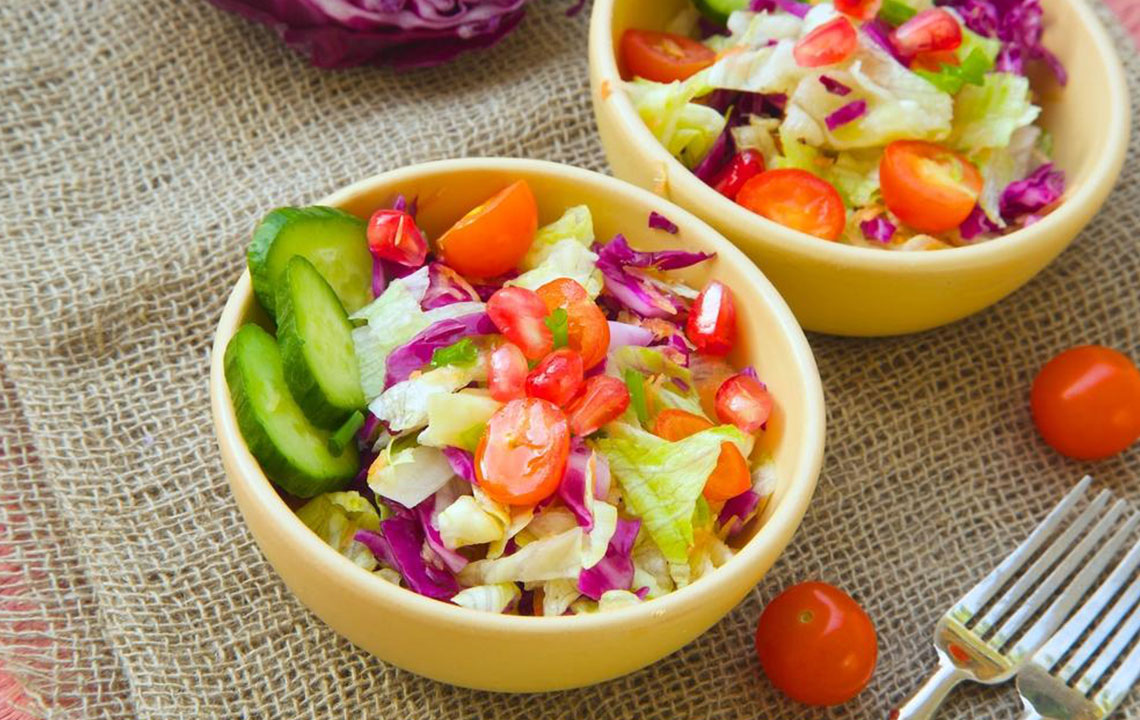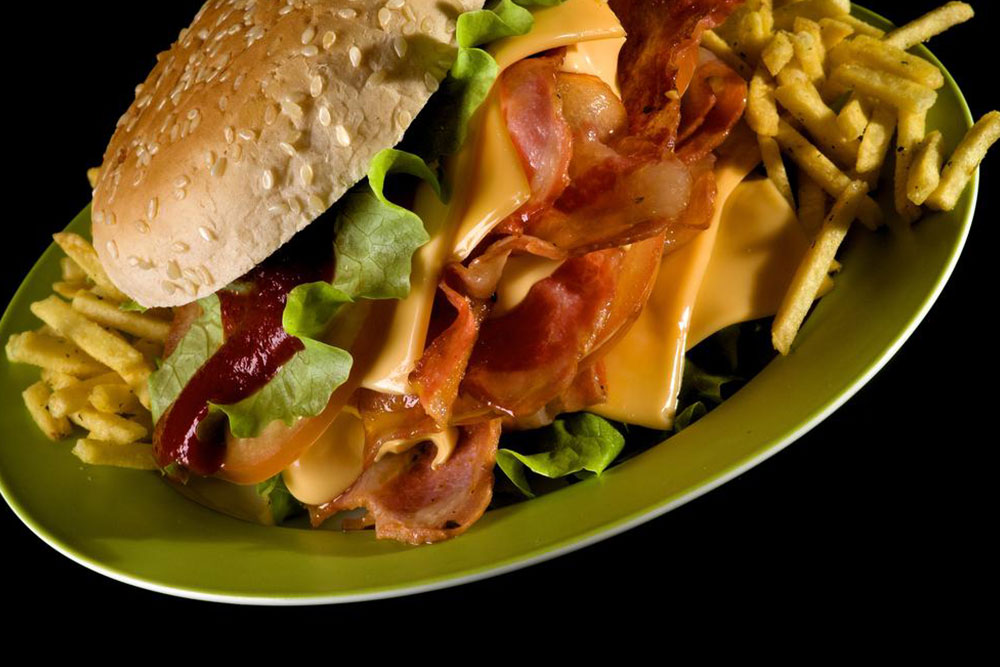Dietary Restrictions for Managing Colitis Symptoms
This article discusses essential dietary restrictions for managing colitis symptoms, highlighting foods such as gluten, alcohol, high-fiber items, and dairy to avoid. Understanding these dietary triggers can help individuals control flare-ups and improve quality of life. The piece emphasizes the importance of a low-fiber, gluten-free diet and offers practical tips for food choices and preparation. By following these dietary guidelines, colitis patients can better manage their condition and reduce discomfort. Consult healthcare providers for personalized advice.

Foods to Limit or Avoid with Colitis
Ulcerative colitis is an inflammatory condition affecting the colon and rectum, leading to symptoms such as rectal bleeding, stomach pain, and diarrhea. Flare-ups can be triggered by certain foods. A recommended diet for colitis includes low-fat, low-salt, high-calorie, low-fiber, and gluten-free options. Some foods can worsen symptoms, so understanding what to avoid is essential. Read on to discover which foods should be limited or eliminated to manage your condition effectively.
Gluten: Found in wheat, rye, and barley, gluten can cause allergic reactions and mimic colitis symptoms in sensitive individuals. Therefore, it should be avoided.
People with gluten sensitivity may experience ulcerative colitis-like symptoms if they consume gluten, making it a priority to eliminate from their diet.
Alcohol: Alcohol can irritate the gastrointestinal tract and exacerbate colitis symptoms. It is best to avoid or limit alcohol intake and to consume it with food rather than on an empty stomach.
High-fiber foods: Foods like beans, peas, lentils, and legumes may cause bloating and gas, worsening symptoms. To reduce fiber intake, peel and deseed vegetables before cooking until soft, which makes them easier to digest.
Fruits with seeds, dried or raw, can trigger issues. Instead, opt for fruit juices (excluding prune juice) to avoid fiber-related problems.
Sulfur: Excess sulfur compounds in red meats, dairy, beer, wine, eggs, and cheese can promote bacteria that produce toxic gases, leading to discomfort. These should be eaten in moderation or avoided.
Nuts and seeds: Nuts and seeds like sesame, sunflower, pumpkin, flax, walnuts, and cashews are difficult to digest and may cause bloating, diarrhea, or gas, especially in low-fiber diets.
Dairy products: Many colitis patients have lactose intolerance, which can worsen symptoms. Avoid milk, cheese, yogurt, and butter if necessary.
Caffeine: Coffee and tea contain caffeine that can irritate the gastrointestinal system and cause diarrhea, so limiting these beverages is advisable.
Spicy foods: Foods containing chili, peppers, or heavy spices can irritate the stomach lining and should be avoided to prevent symptom escalation.
Sugar and chocolates: Sweets and carbonated drinks can lead to diarrhea. Chocolate, which combines caffeine and sugar, should also be avoided to prevent symptom aggravation.










